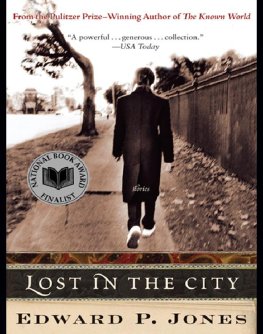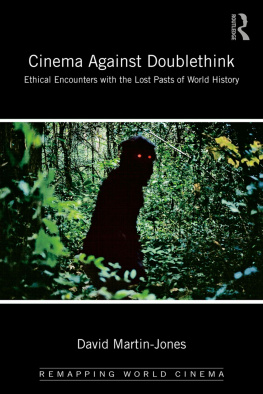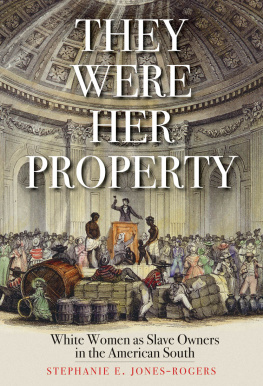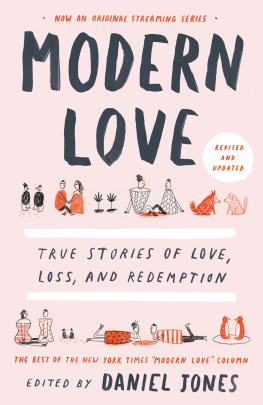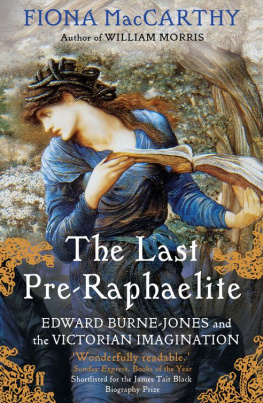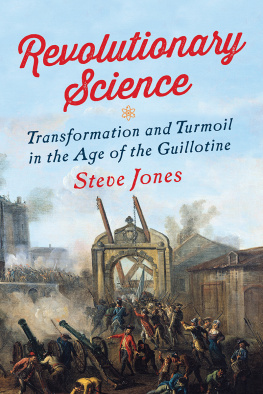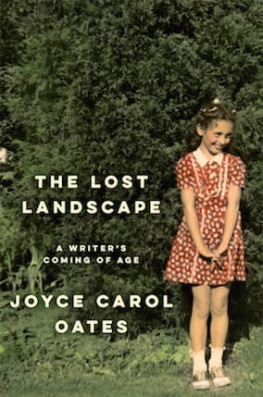Edward P. Jones
Lost in the City
To the memory of my mother,
Jeanette S. M. Jones
THE GIRL WHO RAISED PIGEONS
Her father would say years later that she had dreamed that part of it, that she had never gone out through the kitchen window at two or three in the morning to visit the birds. By that time in his life he would have so many notions about himself set in concrete. And having always believed that he slept lightly, he would not want to think that a girl of nine or ten could walk by him at such an hour in the night without his waking and asking of the dark, Who is it? Whats the matter?
But the night visits were not dreams, and they remained forever as vivid to her as the memory of the way the pigeons iridescent necklaces flirted with light. The visits would begin not with any compulsion in her sleeping mind to visit, but with the simple need to pee or to get a drink of water. In the dark, she went barefoot out of her room, past her father in the front room conversing in his sleep, across the kitchen and through the kitchen window, out over the roof a few steps to the coop. It could be winter, it could be summer, but the most she ever got was something she called pigeon silence. Sometimes she had the urge to unlatch the door and go into the coop, or, at the very least, to try to reach through the wire and the wooden slats to stroke a wing or a breast, to share whatever the silence seemed to conceal. But she always kept her hands to herself, and after a few minutes, as if relieved, she would go back to her bed and visit the birds again in sleep.
What Betsy Ann Morgan and her father Robert did agree on was that the pigeons began with the barber Miles Patterson. Her father had known Miles long before the girl was born, before the thought to marry her mother had even crossed his mind. The barber lived in a gingerbread brown house with his old parents only a few doors down from the barbershop he owned on the corner of 3rd and L streets, Northwest. On some Sundays, after Betsy Ann had come back from church with Miss Jenny, Robert, as he believed his wife would have done, would take his daughter out to visit with relatives and friends in the neighborhoods just beyond Myrtle Street, Northeast, where father and daughter lived.
One Sunday, when Betsy Ann was eight years old, the barber asked her again if she wanted to see his pigeons, my children. He had first asked her some three years before. The girl had been eager to see them then, imagining she would see the same frightened creatures who waddled and flew away whenever she chased them on sidewalks and in parks. The men and the girl had gone into the backyard, and the pigeons, in a furious greeting, had flown up and about the barber. Oh, my babies, he said, making kissing sounds. Daddys here. In an instant, Miless head was surrounded by a colorful flutter of pigeon life. The birds settled on his head and his shoulders and along his thick, extended arms, and some of the birds looked down meanly at her. Betsy Ann screamed, sending the birds back into a flutter, which made her scream even louder. And still screaming, she ran back into the house. The men found her in the kitchen, her head buried in the lap of Miless mother, her arms tight around the waist of the old woman, who had been sitting at the table having Sunday lunch with her husband.
Buster, Miless mother said to him, you shouldnt scare your company like this. This childs bout to have a heart attack.
Three years later Betsy Ann said yes again to seeing the birds. In the backyard, there was again the same fluttering chaos, but this time the sight of the wings and bodies settling about Miles intrigued her and she drew closer until she was a foot or so away, looking up at them and stretching out her arm as she saw Miles doing. Oh, my babies, the barber said. Your daddys here. One of the birds landed on Betsy Anns shoulder and another in the palm of her hand. The gray one in her hand looked dead at Betsy Ann, blinked, then swiveled his head and gave the girl a different view of a radiant black necklace. They tickle, she said to her father, who stood back.
For weeks and weeks after that Sunday, Betsy Ann pestered her father about getting pigeons for her. And the more he told her no, that it was impossible, the more she wanted them. He warned her that he would not do anything to help her care for them, he warned her that all the bird-work meant she would not ever again have time to play with her friends, he warned her about all the do-do the pigeons would let loose. But she remained a bulldog about it, and he knew that she was not often a bulldog about anything. In the end he retreated to the fact that they were only renters in Jenny and Walter Creeds house.
Miss Jenny likes birds, the girl said. Mr. Creed likes birds, too.
People may like birds, but nobody in the world likes pigeons.
Cept Mr. Miles, she said.
Dont make judgments bout things with what you know bout Miles. Miles Patterson, a bachelor and, some women said, a virgin, was fifty-six years old and for the most part knew no more about the world than what he could experience in newspapers or on the radio and in his own neighborhood, beyond which he rarely ventured. Theres aint nothing out there in the great beyond for me, Miles would say to people who talked with excitement about visiting such and such a place.
It was not difficult for the girl to convince Miss Jenny, though the old woman made it known that pigeons carry all them diseases, child. But there were few things Jenny Creed would deny Betsy Ann. The girl was known by all the world to be a good and obedient child. And in Miss Jennys eyes, a childs good reputation amounted to an assent from God on most things.
For years after he relented, Robert Morgan would rise every morning before his daughter, go out onto the roof, and peer into the coop he had constructed for her, looking for dead pigeons. At such a time in the morning, there would be only fragments of first light, falling in long, hopeful slivers over the birds and their house. Sometimes he would stare absently into the coop for a long time, because being half-asleep, his mind would forget why he was there. The murmuring pigeons, as they did with most of the world, would stare back, with looks more of curiosity than of fear or anticipation or welcome. He thought that by getting there in the morning before his daughter, he could spare her the sight and pain of any dead birds. His plan had always been to put any dead birds he found into a burlap sack, take them down to his taxicab, and dispose of them on his way to work. He never intended to tell her about such birds, and it never occurred to him that she would know every pigeon in the coop and would wonder, perhaps even worry, about a missing bird.
They lived in the apartment Jenny and Walter Creed had made out of the upstairs in their Myrtle Street house. Miss Jenny had known Clara, Roberts wife, practically all of Claras life. But their relationship had become little more than hellos and good-byes as they passed in the street before Miss Jenny came upon Clara and Robert one rainy Saturday in the library park at Mt. Vernon Square. Miss Jenny had come out of Hahns shoe store, crossed New York Avenue, and was going up 7th Street. At first, Miss Jenny thought the young man and woman, soaked through to the skin, sitting on the park bench under a blue umbrella, were feebleminded or straightout crazy. As she came closer, she could hear them laughing, and the young man was swinging the umbrella back and forth over their heads, so that the rain would fall first upon her and then upon himself.
Aint you William and Alice Hobson baby girl? Miss Jenny asked Clara.
Yes, maam. She stood and Robert stood as well, now holding the umbrella fully over Claras head.

